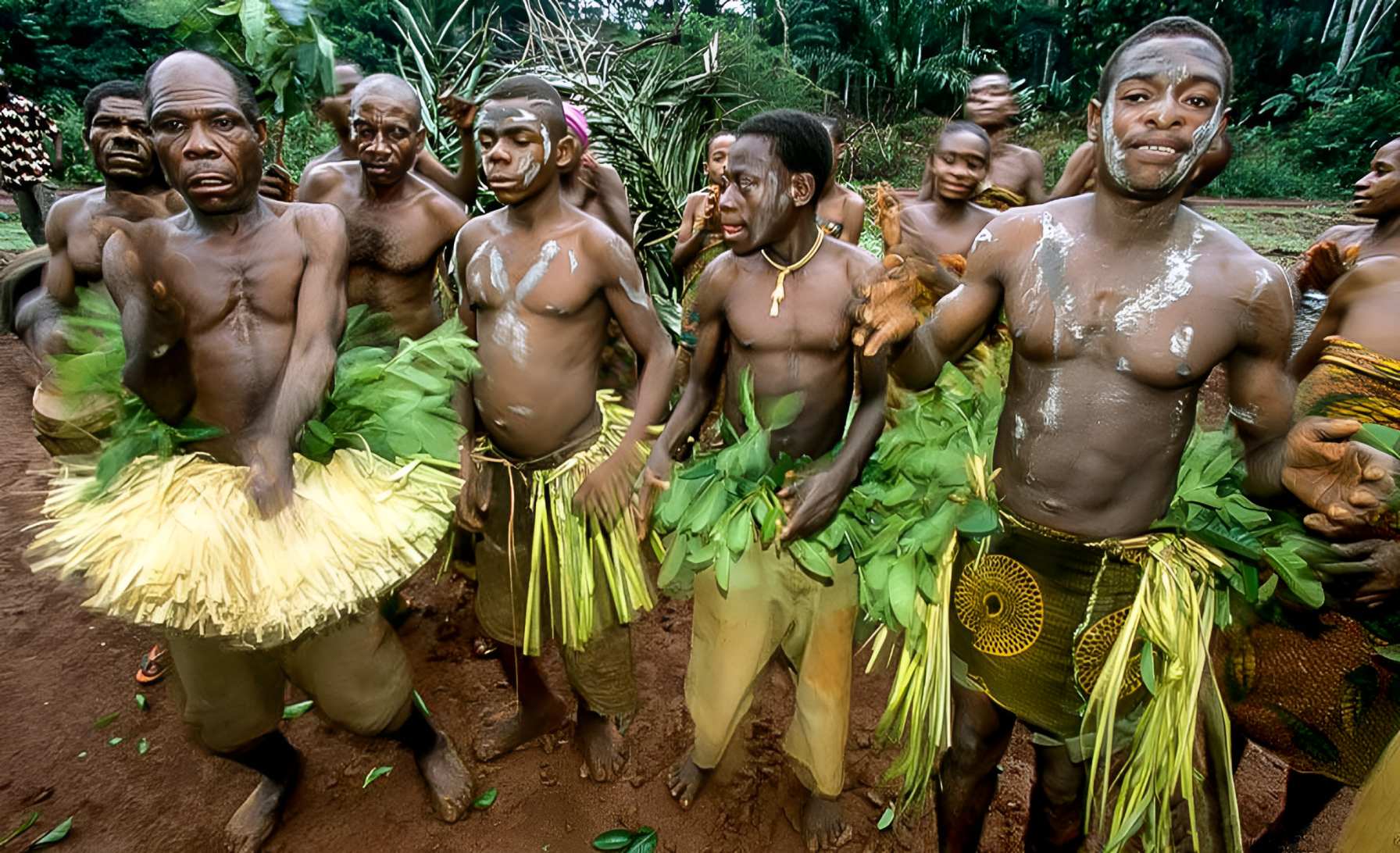In the heart of Cameroon's Baka land

To the Baka, the forest is mother, spirit, protector, and home.
In the deep rainforests of southeastern Cameroon, hidden beneath a thick green canopy, lives one of Africa’s oldest and most distinctive peoples, the Baka.
Their lives are shaped entirely by the forest, which they see not as a resource but as a living being. To the Baka, the forest is mother, spirit, protector, and home.
They are semi-nomadic, moving from place to place as the seasons change, never taking more than what they need.
Their homes are simple domes built from branches and large leaves, blending into the forest like nests among trees. Life is lived close to the earth—barefoot, intuitive, and deeply communal.
Everything revolves around the forest. It provides food, medicine, materials, and spiritual guidance. The Baka do not fence land, dig wide roads, or build permanent structures.
Ownership, as understood in the modern world, is a strange concept to them. What is shared by all—trees, rivers, animals—should remain untouched by greed.
Music is central to their culture. From the moment a child is born, the Baka sing. Their songs are for entertainment and communication with the natural world and each other. They sing to mark a hunt, to heal, to teach, and to mourn.
Their harmonies, layered and spontaneous, mimic bird calls, animal cries, and the rustle of leaves. It is through these sounds that they find unity, identity, and spiritual strength.
Perhaps most mysterious is their jengi ritual, one of their most sacred traditions.
They believe in invisible forest spirits that guide and protect them.
During the ritual, men disappear into the forest to transform into these spirits.
When they return, they wear elaborate bark masks and speak in voices altered by special techniques.
Women and children sing and clap in rhythm while the "spirits" dance in patterns known only to the initiated.
No one ever says who was behind the mask. That mystery is part of the reverence.
Another unique custom is their way of healing. Illness is rarely treated in isolation.
They believe that the mind, body, and spirit are one, and when someone is sick, the entire community becomes involved.
Herbal medicine, passed down through generations, is combined with chants and rituals to restore balance, not just to the individual, but to the group as a whole.
Unlike many societies, the Baka place no fixed authority above others.
Elders are respected, but decisions are made by group consensus. Children are free to roam and learn through experience.
There is no classroom, only forest, song, and story. Their language is rich in words for plants, animals, and spiritual beings but has no exact word for "possession."
What matters most is what you give, not what you hold.
As the modern world presses closer with roads and machines, the Baka adapt without losing their soul.
They carry mobile phones in woven pouches but still sit by the fire to sing the old songs.
They may visit nearby towns, but always return to the trees, to the sacred places where drums still speak and leaves still whisper.
In this rhythm of simplicity, mystery, and song, the Baka remain one of the last truly forest-bound peoples—a culture shaped not by walls or clocks, but by the timeless breath of the forest itself.
